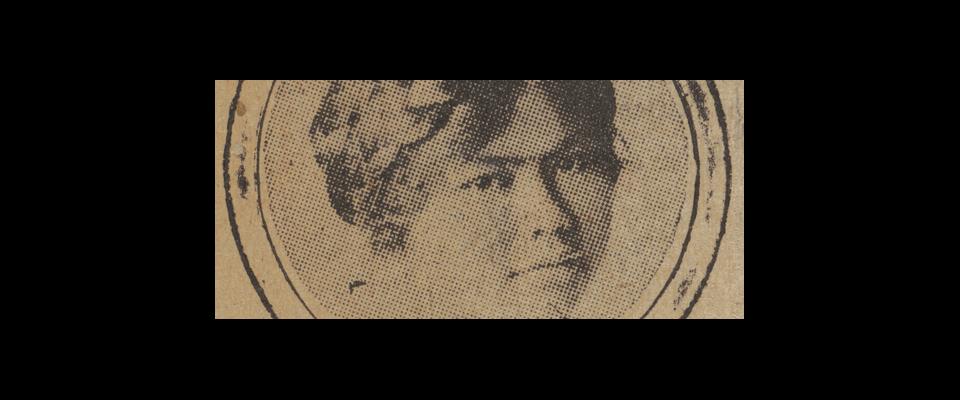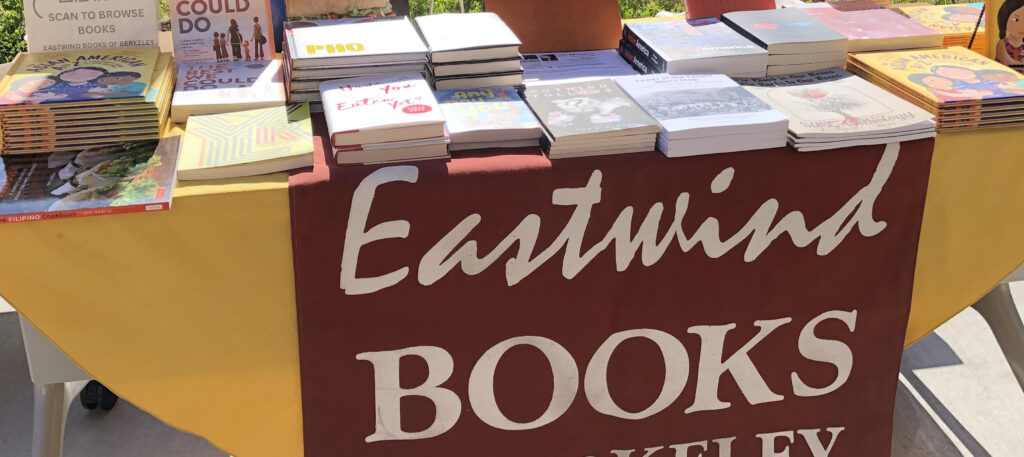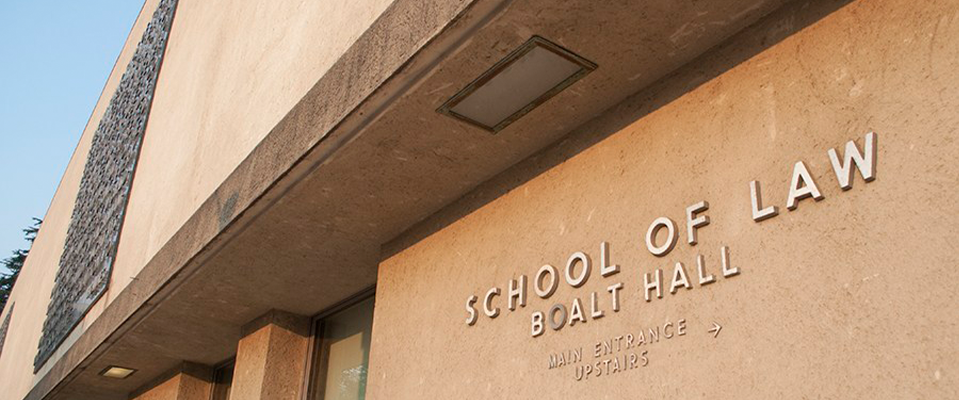I first met Mansie Chew when a practice sheet of written Chinese characters fell out of her father’s papers in the Asian-American Studies Collection at Berkeley. Her name was written in English below the Chinese characters: Mansie. I found Mansie again in an Oakland Tribune from April 1913—now she was graduating from Oakland High School and was on her way to Berkeley.
Mansie was the oldest daughter of Ng Poon Chew, an important person in the Chinese America of a hundred years ago. At that time, there were few Chinese students at Berkeley and only a small number of Chinese women. Chinese California had been overwhelmingly male since the first Cantonese laborers arrived during the Gold Rush, and the Chinese Exclusion Act, in force from 1882, had restricted immigration of women to a trickle. Chinese children were segregated in the San Francisco elementary schools, and most of the students who made it to university were children of Protestant ministers. In the 1920s, a decade after Mansie Chew attended Berkeley, the University was graduating only two Chinese women a year.
Mansie’s father, Dr. Chew (as he’s called in English, though the family name is Ng), was an important person in Chinese America, and he seems to have cast a big shadow over Mansie’s life. In 1892, after graduating from the San Francisco Theological Seminary, Ng Poon Chew became a Presbyterian minister. He then founded and served as editor of San Francisco’s Chong Sai Yat Po (the Chinese American Daily), the leading Chinese newspaper of the time. He was a famous defender of Chinese civil rights, a correspondent of Teddy Roosevelt, a supporter of Sun Yat-sen in the Republican Revolution that overthrew the decrepit Qing Dynasty in 1911, and a star on the Chautauqua speaking circuit. “His unfailing urbanity, his courage, his fine character, together with his splendid mental equipment won him a place in the sun,” one reporter wrote. But Ng Poon Chew was also a patriarchal Chinese father.
Mansie was named for Mansie Condit, the wife of Dr. Chew’s patron in the Presbyterian church. Her Chinese name was Ng Jingping. She was the first child, born in 1894, and she grew up in San Francisco’s Chinatown. When the 1906 earthquake and fire destroyed Chinatown, Dr. Chew moved the family across the bay to Oakland, and Mansie went to Oakland High School. She shows up in the Oakland Tribune in 1910 as a bridesmaid at the wedding of Edna Lee. “American customs will prevail at the wedding,” said the Tribune primly. “The bridal couple will be attired in faultless American dress.”
There was something moving, I thought, about an 18-year-old girl taking the giant step from the embattled Chinese-American community, still disenfranchised and discriminated against, to the great university next door. In the long row of Blue and Golds (the Cal yearbook) in the Bancroft Library, I went through the volumes from 1912 to 1916, looking for Chinese women students. Each book has the photographs of the graduating class, faces framed in neat Victorian ovals, five faces to a row, six rows to a page. The women have their hair neatly up off their necks, and the men are all wearing stiff, high collars that make them look like future accountants. There are six or seven hundred names and faces in each class and I had a brief moment with each one of them, each glance a tiny human encounter. I was looking for otherness, I realized, scanning the mostly white faces and noting the Japanese students (more of them than Chinese students), the Jewish students, the few Hispanics, the occasional South Asians, the very scarce African Americans. I found a handful of Chinese men in each class but only three Chinese women: Lily Kong and Edna Lee, at whose wedding Mansie had been bridesmaid, both graduating in 1912; and Clara Soo Hoo, graduating in 1915.
Mansie didn’t graduate, though. I looked her up in the Golden Book of California, the register of UC alumni from 1880 to 1936, and she was there with the class of 1917, still living at the family house on Shafter Avenue in Oakland. Her sister Rose graduated that same year (brother Edward went to Berkeley, too), but Mansie didn’t. Why didn’t she graduate, I wondered.
Rooting through Ng Poon Chew’s papers, I found a few clues to Mansie’s life. There were the phone numbers of her friends on the Chinatown telephone exchange in San Francisco: Rose Marie Chan at CHINA 0237 and Alice Ah Tye at CHINA 1873. And there was her Christmas shopping list from around 1910: clothes for her sisters Effie, Rose, and Caroline; a shirt and tie for brother Edward (thriftily to be bought “with Caroline”); and a coin purse for Mansie’s piano teacher, Edward F. Schneider.
Then, in the Bancroft Library, I found Mansie’s scrapbook. She wanted to be a pianist, it turned out. Her scrapbook is full of programs for her concert performances around the Bay Area, first for the YWCA and later in group performances by students of Schneider, who was a professor of music at Mills College. Schneider was a well-known local teacher and performer who wrote music for the Bohemian Club theatricals and performed his own compositions around the Bay Area. (His big hit was the symphonic tone poem “Sargasso,” performed by the San Francisco Symphony.)
Mansie seemed to be under Schneider’s spell; her scrapbook is loaded with programs for his performances (along with items about her famous father). It also contains, revealingly, this poem in Schneider’s own handwriting:
Until you came life’s future seemed but empty space.
Dark clouds unsilverlined obscured the sun;
Now all has changed and in its place
The rainbow gleams, and in its place
The bluebird sings again his song of old.
Schneider’s poem is the only personal item in the scrapbook.
After dropping out of Berkeley, Mansie stayed home in Oakland, played music, and worked at her father’s newspaper. She was a double outsider—the child of immigrants who was supposed to be a modern girl, and the dutiful eldest daughter who was supposed to go to university. Later, her sister Rose, who became a social worker in Chinatown in the 1920s, wrote about how hard it was for the Chinese Second Generation, the children of the immigrants, to find appropriate jobs and spouses. It was much harder for the Chinese than for European immigrants, she said, because Chinese traditional culture was so different from American culture. And it was made even harder by the Exclusion Acts and the pervasive racism against the Chinese. Invisible barriers had been built around the Second Generation, “consciously or unconsciously,” Rose wrote, “for protection.”
Mansie concentrated on her music and perhaps on taking care of her father. She played in recitals around the Bay Area; Then, when her father died, she apparently took over the Chung Yai Sat Po. She never married—she couldn’t have married Edward Schneider even if he had been available, because interracial marriage was illegal in California until 1948. Mansie was restricted to the tiny pool of Chinese-American men who wanted educated wives.
But, as Rose wrote, Chinese-American men of the Second Generation were interested in traditional wives, not in women with higher education. Pardee Lowe, a high achiever of the Second Generation himself (who studied for his Russian Studies doctorate at Berkeley, and was the author of Father and Glorious Descendant, one of the first commercially successful books published by a Chinese American), wrote that “those girls who did succeed in acquiring education were of unusual character and ability and usually seldom married…. Few of the uneducated Chinese dared ask them for their hand, and the group of college-educated Chinese was highly limited.”
And then there was Mansie’s father. He gave his own views on marriage in a rather coldhearted essay called “Dr. Ng Poon Chew’s Views on Love and Marriage.” “The men of China have never been ‘buncoed’ by love,” he wrote. “With us Orientals, marriage is a cold, philosophical affair.” This must have been discouraging for a modern girl. Dr. Chew also wrote, “The status of women is the home, and there is no excuse for her not being there.”
Of the Chew children, Rose became a social worker after graduating from Berkeley. Caroline, who graduated from Mills College, became a specialist in Chinese dance. Effie was the first Chinese-American woman to be hired as a teacher and became a leader in the Oakland Teachers Union. Edward, who left Berkeley when World War I broke out and returned to graduate in 1922, was the first Chinese-American officer in the U.S. Army.
The Chews were a family of achievers. Most of them successfully negotiated the problems of the Second Generation. But my sympathy is with Mansie.





















